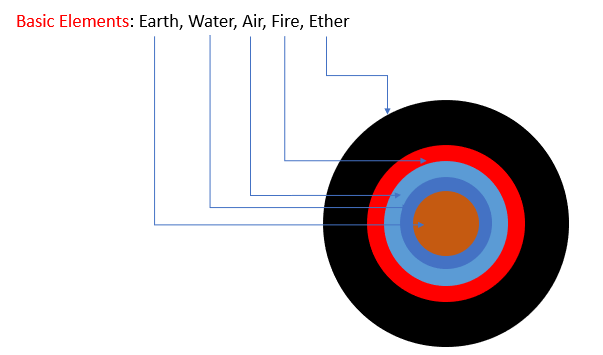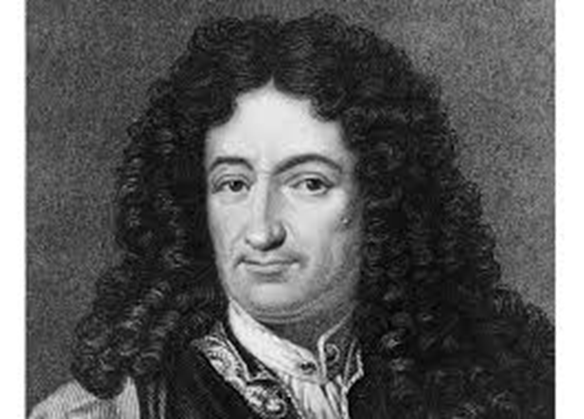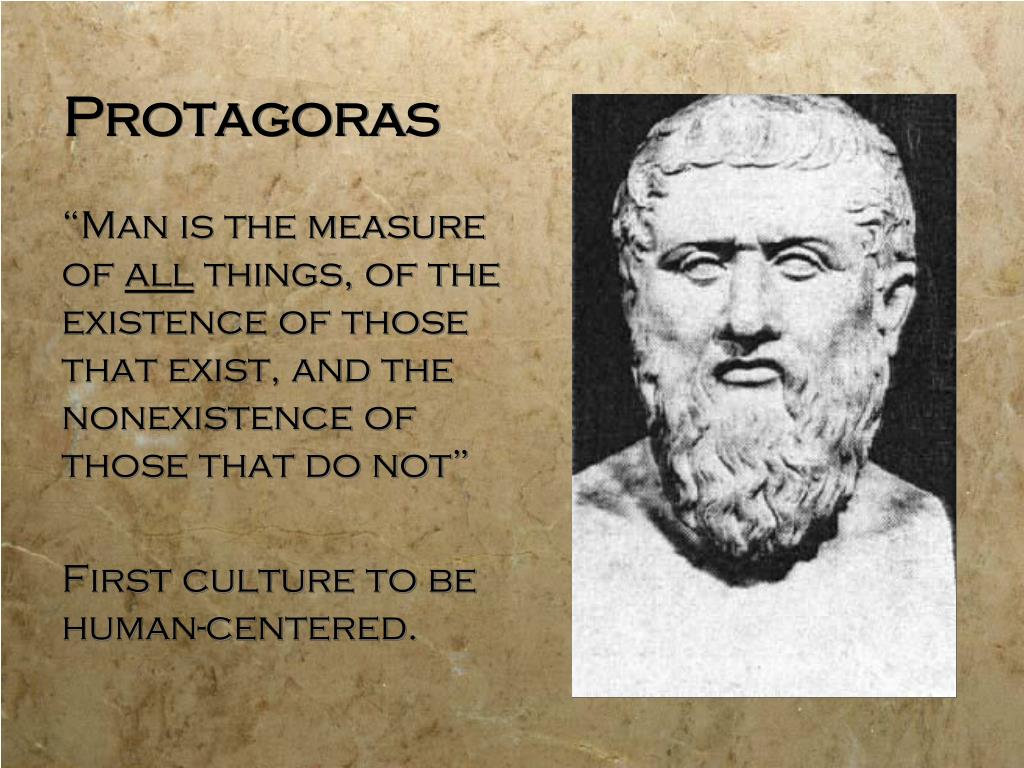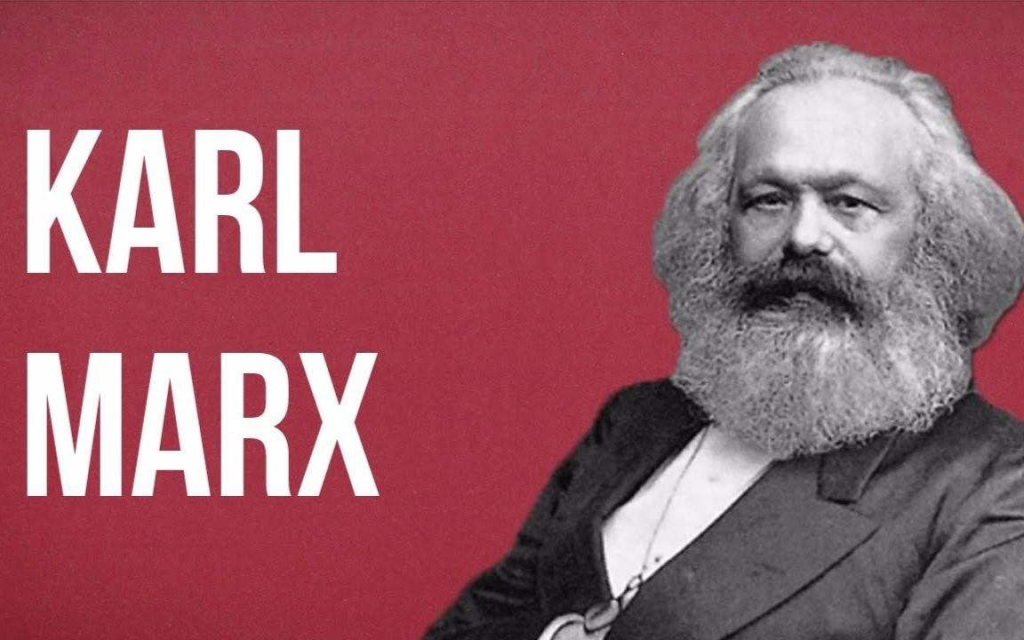Natural Science, being one giant part in the realm of science and philosophy, contains more than mathematics and physics. According to Wikipedia, natural science is “concerned with the description, prediction, and understanding of natural phenomena, based on empirical evidence from observation and experimentation”. (Wikipedia: Natural Science)
The eldest examines of physics perhaps starts from astronomy, where ancient people try to predict the motion of Sun, Moon, and stars. Astronomical charts were found in Senemut’s tomb in ancient Egypt (Wikipedia: Ancient Egypt); events were linked with stars by ancient Mesopotamian priests (Wikipedia: Mesopotamia); countless attempts to recording the dates based on stars were made. It is interesting to notice that these events related to physics are often religious rituals, trying to calculate the god’s creations, which eventually became physics. Of course, “the main goal of physics is to understand how the universe behaves” (Wikipedia: Physics).
Early physicists are also regarded as philosophers. According to Wikipedia, “a philosopher is one who challenges what is thought to be common sense, doesn’t know when to stop asking questions, and reexamines the old ways of thought”. (Wikipedia: Philosopher) More specifically, when we are looking into the old time philosophers, it is often interesting to link their theories to religion, or discuss their beliefs and claims towards god. In this passage, we will focus on four famous physicist/philosophers of all times: Aristotle, Leibniz, Isaac Newton, and Albert Einstein. Each of them have a different approach to describing the world, or rather have an interesting opinion towards the prescence of God.
i. Aristotle
As perhaps the earliest and one of the most unknown polymaths and as a student of Plato, Aristotle proposed a lot of interesting theories in various different regions. We will be focusing on his approach of explaining the world in the realm of physics (or rather, natural science), and analyze the more “religious” part of his theory.
In his On the Heavens, Aristotle claims that the universe is composed basically by five different elements: Earth, Water, Air, Fire, and Ether (or Aether). These five elements exist in the shape of spheres, or spherical shells. The Earth, being the ground on which we live, is mostly constituted by the element Earth in a near-sphere shape. This sphere is then surrounded by a spherical shell of Water, and then a spherical shell of Air. Oceans and rivers exist in the layer of Water, while Air surrounds everything. Outside Air, a new shell of Fire exists, where comets and meteors are believed to originate from. Finally, a huge shell of Ether, called the Heaven, where the stars, the Sun, and other celestial bodies move. Here, the Ether is also called the “divine substance”. (Wikipedia: Aristotle) In Greek mythology, it was thought to be “the pure essence that the gods breathed, filling the space where they lived, analogous to the air breathed by mortals” (Wikipedia: Ether) This is one direct proof to the belief of Aristotle towards god and divination.

diagram showing Aristotle’s opinion on the universe. Graph made by author.
More information on Aristotle’s physics: Aristotle also created many qualitative claims focused on the motion of objects, which are mostly correct in a small area of application. More on this topic and contrast could be found in the following passage I wrote: C:\Users\Gebuyuan\Desktop\HGmlDroTMYfTXc62 (3).mht
ii) Leibniz

Gottfried Wilhelm (von) Leibniz. Picture from Google Pictures.
As another polymath, Leibniz was more well known in his Leibniz Notationcontribution in the field of mathematics and calculus. However, he also proposed an interesting “monad theory” which talks about the essence of life, creatues, reality, and god. We will delve into this theory a little deeper and examine the “monads” Leibniz defined.
“Monads” are like atoms proposed by Democritus according to Leibniz: they are uncuttable and unseperable. They are also “not matter”, because matter is always splittable. Monads are also enclosed in their own world, unable to interact with other monads. In fact, they “comes into existence when the world was made, and can neither disintegrate nor grow”, except one single monad. And this single monad is “GOD”.
Leibniz states that this “god monad” somehow “preprogrammed” all other monads so that after they are created, they can run seperately but synchronized. Each creature/life is controlled by dominating monads, which are assumed to have minds; physical forces and other substances “result from them”. In fact, the world itself is a “coordinated dream” of different monads predesigned by god.
In this theory, Leibniz proposed a logical approach to the regular execution of the world related to “god”. This is also a typical approach trying to model the world created by physicists.
iii) Conclusion
In this passage, we talked about four scientists’ relationship between god or religion. In early times, people tend to believe in god more; in recent years, seems like “religion” is substituded by science more. However, I want to point out that science cannot solve every problem; science does not propose values and ethics; and science is also based on induction. We should not regard “religion” as some sort of lie; it is also a precious part in humanity.
References
Wikipedia, Natural Science. https://en.wikipedia.org/wiki/Natural_science. Cited on June 24th, 2020.
Wikipedia, Philosopher. https://en.wikipedia.org/wiki/Philosopher. Cited on June 24th, 2020.
Wikipedia, Physics. https://en.wikipedia.org/wiki/Physics. Cited on June 24th, 2020.
Wikipedia, Ancient Egypt. https://en.wikipedia.org/wiki/Ancient_Egypt. Cited on June 24th, 2020.
Wikipedia, Mesopotamia. https://en.wikipedia.org/wiki/Mesopotamia. Cited on June 24th, 2020.
Wikipedia, Aristotle. https://en.wikipedia.org/wiki/Aristotle. Cited on June 24th, 2020.
Wikipedia, Ether. https://en.wikipedia.org/wiki/Aether_(classical_element). Cited on June 24th, 2020.
Wikipedia, Leibniz. https://en.wikipedia.org/wiki/Leibniz. Cited on June 24th, 2020.
Wikipedia, Isaac Newton. https://en.wikipedia.org/wiki/Isaac_Newton. Cited on June 24th, 2020.
Wikipedia, Albert Einstein. https://en.wikipedia.org/wiki/Albert_Einstein. Cited on June 24th, 2020.



